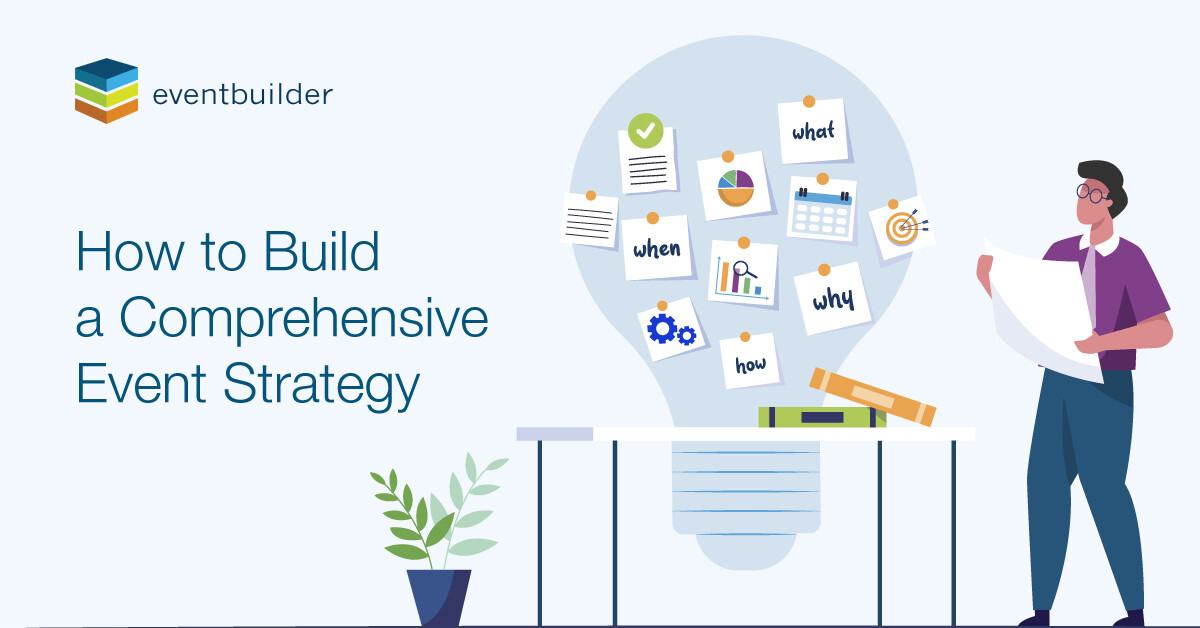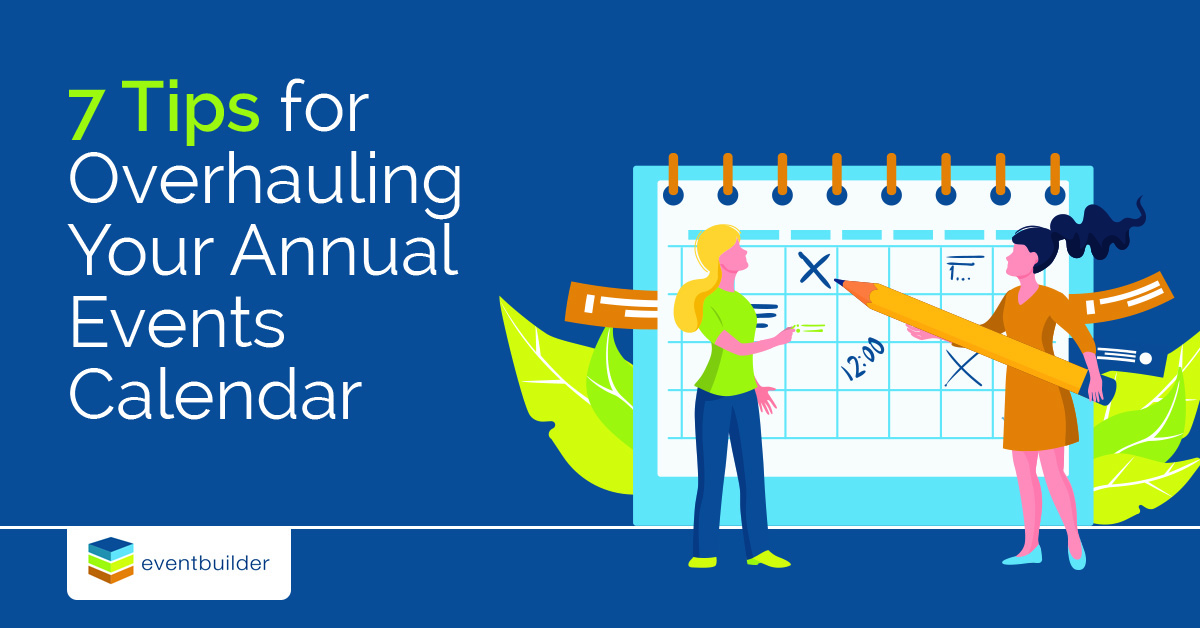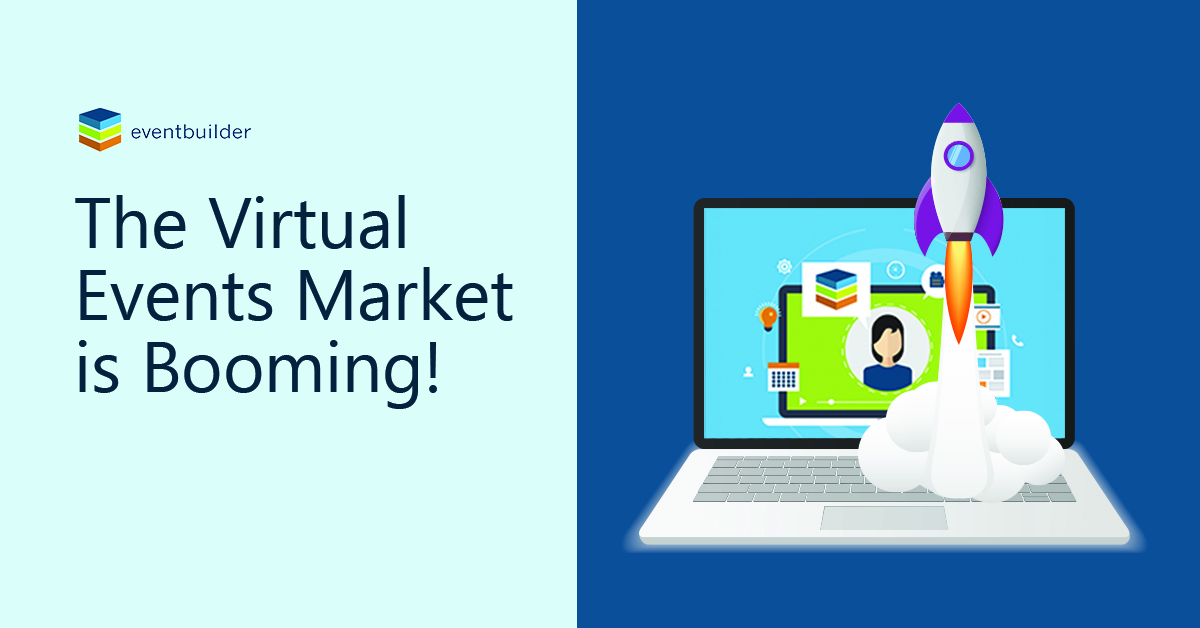The Ultimate Guide to Translating Canceled Events
In the wake of new and ever-evolving recommendations for public gatherings, it may seem to make sense to cancel your live event and go back to the drawing board for next year or even later. Not so fast! You can translate those canceled and delayed events into virtual spaces.
Virtual events can keep audiences engaged and connected, and they do so much more than simply hold a space on the calendar or “replace” an in-person event. Done well, a virtual event has the potential to be effective, engaging, and a huge success.
Learn the important steps for translating an in-person event into a virtual one:
- Analyze the Event
- Gather Intelligence
- Assess Your Timeline
- Team Up with Experts
- Develop Virtual Event Presentation Skills
- Focus on Engagement
- Get Creative
- Get the Tools You Need
Analyze the Event
Not every type of event lends itself to the virtual space. A charity dinner, for example, is fairly difficult to pull off in the digital event space.
A lecture, seminar, or even conference can more easily translate into a digital space; however, you’ll still need to make sure your presenters are equipped for a virtual event. Audience participation and technology are different in the virtual space, so the first step in successfully taking it from in-person to virtual is laying the groundwork: deciding on the type of events that would best translate to a digital space, how the events schedule would need to be adjusted, preparing your speakers, and making certain your technology is up-to-date and ready.
When taking stock of your event, keep your goals in mind: Can you scale back your invite list to keep the attendance manageable? What are some ways you maintain the energy and feel of in-person events that you can implement in a virtual environment?
Gather Intelligence
The next step in translating your events is to take a look at what your competitors and similar organizations are doing to make the transition. You may be able to pick up some good ideas about what works and what doesn’t, as well as see what kind of post-event feedback they receive. Learning what not to do is valuable information to gather.
Start a conversation with the people who are attending or who want to attend your events. Have they seen something that’s been done particularly well? What would they like to see in a virtual event? How comfortable are they using the necessary technology? A pre-event survey to assess what your potential attendees would like to experience is a great tool for helping you plan ahead for success.
Finally, collect data from any of your own previous events: Post-event surveys are a key tool for helping you shape your event programming, and analyzing this information can tell you what’s working and what’s not.
Assess Your Event Timeline
Now it’s time to take a step back and look at the bigger picture.
Identify both gaps and conflicts here. Many organizers are rescheduling their events instead of canceling, so the potential for a crowded calendar late in the year is a reality for your invitees.
A smart move here is to reimagine your events as digital-first. Get together with your fellow organizers and identify where you may have conflicts, and then collaborate on a workable timeline. Would it be possible to roll two of your events into one? Can you reconsider in-person events for the near future? You want to make it as simple as possible for your attendees to come to your event, whether it’s in-person or virtual.
When you’re ready to start back hosting live events, keep in mind that many people may not feel ready to attend in-person events for some time. Plan ahead for this possibility by offering a hybrid option where attendees can choose between live attendance or virtual.
Finally, make sure you give yourself adequate time to translate an event. You may have the “foundations” down, but staging a successful virtual event isn’t as easy as asking everyone registered for the event to hop on a Teams call tomorrow.
Team up with the Experts
Virtual events come with their own nuances, which can take some time to adjust to. You’ll want to pay careful attention to detail as you work to master the virtual event space.
Not every business has the in-house capabilities for this, so don’t be afraid to reach out for assistance. Engage experts to help you manage everything from the technical aspects of video, sound, and lighting to the particulars of being on camera in front of an online audience.
The right behind-the-scenes team can help you deliver a seamless experience. Whether you’re an expert who needs minimal help with the right tools or you’re running your first-ever digital event, professional insight and advice are crucial to a successful event.
Develop Presentation Skills for Virtual Spaces
It’s important to help your team develop the skills they’ll need; in-person presentations and virtual presenting are very different. In a virtual event space, you may not be able to see the audience and there are also different rules for etiquette in virtual spaces. It’s key that your team members are aware of these differences and are trained to navigate them.
Tap your experts for help here too. A short training session for your team will teach them the skills they need to hone for a great event and provide feedback for them to help refine their delivery.
Focus on Engagement
Engagement should be a focus of your online event - connecting with your audience keeps their attention and builds your event programming. If attendees feel they’ve connected with you and their fellow attendees, your event will have the energy and excitement you want.
If your event isn’t interactive, take a look at how you're framing your content. Focusing not only on what you’re talking about but how you’re talking about it helps your audience not only connect with you, but your content as well. Take advantage of storytelling, visuals, and even sound to keep them along for the ride with you. Learn some techniques you can use to fully engage with the audience, even if they aren’t sitting in the same room with you.
Get Creative
This is where you can blend the intelligence you gathered earlier in the process and your creativity. What do your audience members want? How can you deliver that? Is there something new and unexpected you can do?
Execution of a never-before-attempted idea to bring to a virtual event takes careful planning and practice, so tap your experts for guidance here, too. Can it be done? How? What’s the budget?
Get the Tools You Need
You’ve analyzed, planned, tapped experts, made certain your event technology is up to the task, planned for dates and times, and laid the framework for a perfectly transitioned virtual event. What’s next? Us!
We’ve got your back. With our expertise, you can do more and go further with your virtual events. Ready to get started? Let EventBuilder’s Professional Services do the heavy lifting and help with your event; schedule a consultation today!
You May Also Like
These Related Stories

How to Build a Comprehensive Event Strategy

7 Tips for Overhauling Your Annual Events Calendar



No Comments Yet
Let us know what you think